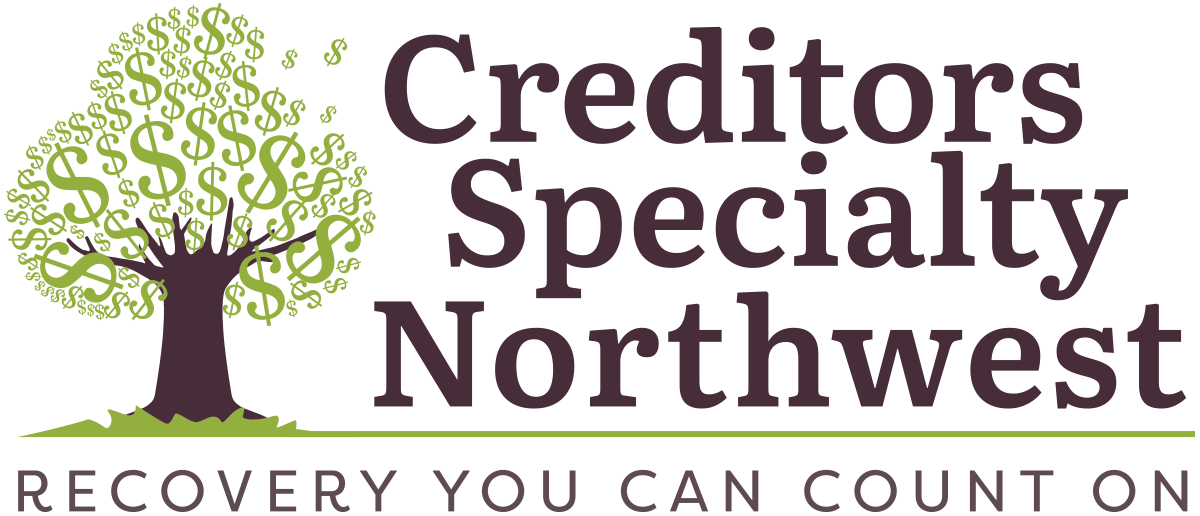If you have ever heard the term “skip tracing” before, you may have some idea of what it entails- but what exactly is skip tracing? In simple terms, skip tracing is the process of tracking down individuals who have “skipped” town or gone “off the grid.” This practice is commonly used by various industries and professionals, such as debt collectors, private investigators, and even law enforcement. In this blog post, we’ll explore the world of skip tracing, uncover what it is, why it’s beneficial, and who relies on it to get the job done.
An Overview of Skip Tracing
“Skip tracing” derives its name from the process itself; “skip” refers to the subject who has ‘skipped’ town, while “tracing” denotes the effort to locate that elusive person. Unlike a straightforward internet search, skip tracing is a multi-faceted procedure. It involves a keen understanding of multiple databases and an array of resources to piece together accurate information to track down the subject of the search. The art of skip tracing is, thus, a complex process of gathering, verifying, and interpreting data to zero in on an individual’s location for many purposes.
The Process
Skip tracing begins with the meticulous gathering of information related to the subject. This information could range from full names, phone numbers, and last known addresses to more specific data, like job history and social security numbers. This raw data is then carefully analyzed, verified, and narrowed down. Skip tracers access public and private databases, combing through credit reports, loan applications, and criminal records. It’s not all digital – they also employ traditional methods, such as making phone inquiries, to piece together a more comprehensive picture of the subject. It’s a careful, deliberate process of connecting the dots, which requires equal parts detective work and analytical insight.
Who Uses Skip Tracing and Why?
Skip tracing isn’t confined to the world of crime and detective novels; an array of professionals leverages it in reality. Debt collectors utilize this technique to identify and locate defaulting borrowers, greatly enhancing their success rate in recovering debts. Similarly, lawyers use skip tracing to deliver critical legal documents to their correct recipients. Bail bond agents often depend on skip tracing to track individuals who have slipped through the cracks of the legal system. Skip tracing is a backbone in myriad fields, enabling professionals to perform their jobs more efficiently and effectively.
Legal and Ethical Considerations in Skip Tracing
While skip tracing is a powerful tool for locating individuals, it also operates within a legal and ethical framework. The Fair Credit Reporting Act (FCRA) and numerous state laws have outlined clear boundaries to ensure respect for privacy. For instance, unauthorized access to someone’s credit report is a clear violation of these laws. In terms of ethics, skip tracers must tread carefully. They must balance tracing an individual and avoiding actions that may be considered stalking or harassment. Consequently, maintaining ethical standards in skip tracing isn’t just about adhering to the law—it’s about respecting the person at the other end of the search.
The Future of Skip Tracing
As we venture into the digital era, the art of skip tracing is set to undergo dynamic changes. The increasing online presence of individuals will serve as a treasure trove of data, enabling skip tracers to fine-tune their craft with precision. However, this isn’t a one-sided affair. As people become more privacy conscious and laws regarding data privacy become more stringent, the role of the skip tracer will take on new complexities. Keeping pace with rapidly evolving technologies while adhering to legal and ethical guidelines will be critical to the skip tracer’s journey. The dance of skip tracing will continue to twirl, embracing new rhythms and choreographies in this digital age.
Skip Tracing at Creditors Specialty Northwest
While skip tracing plays a significant role in debt recovery, it’s not always necessary. Many debt collectors have a robust set of resources at their disposal, allowing them to locate debtors independently in many cases. Here at Creditors Specialty Northwest, we leverage skip tracing precisely in this manner, employing it when necessary to locate individuals with outstanding debts while efficiently managing other debt recovery strategies. Understanding the nuances of skip tracing underscores its importance while highlighting that it is just one tool in the vast debt collection landscape.

